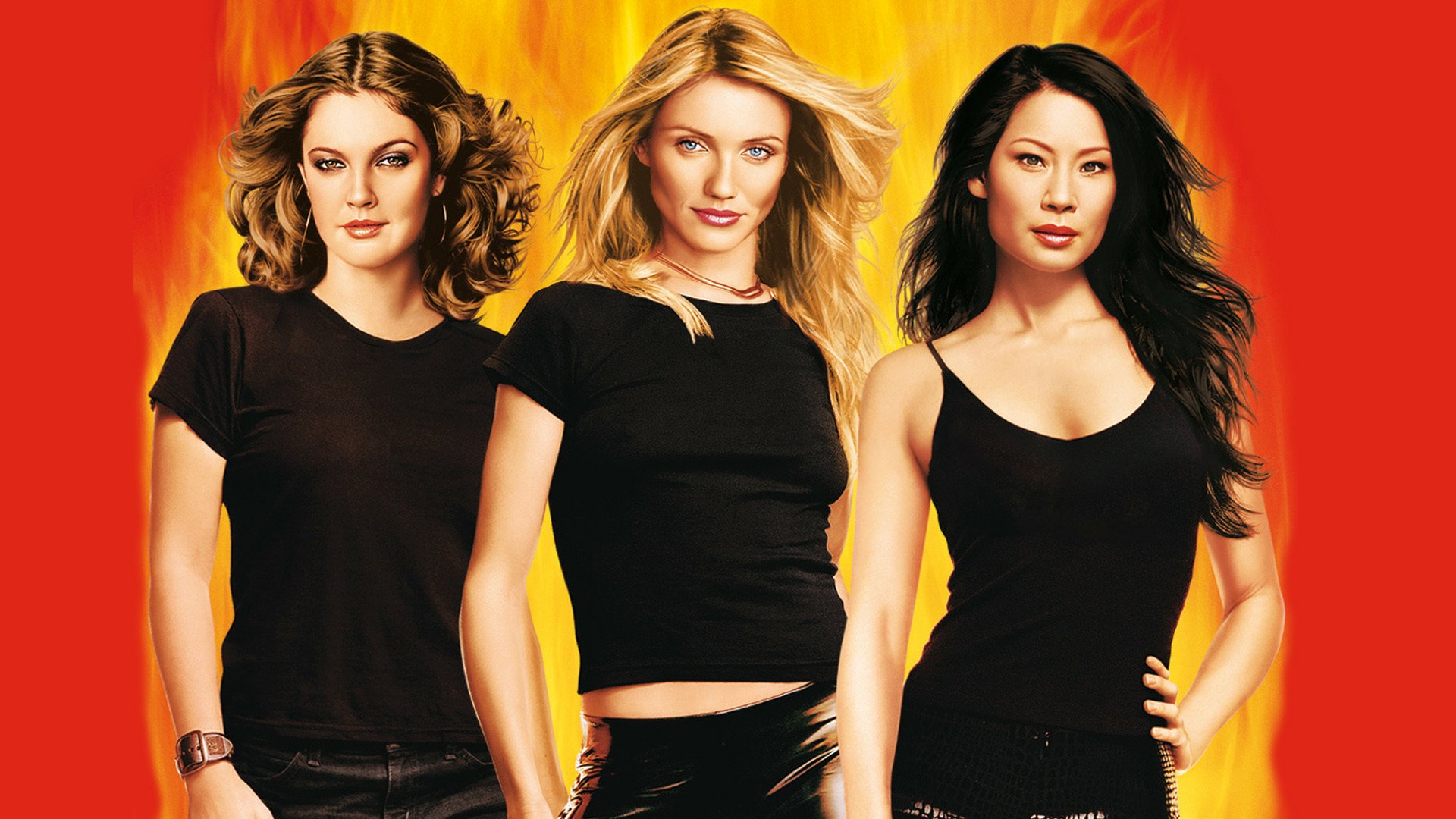In 1976, Charlie’s Angels premiered on ABC and quickly became one of the most influential television series of its era, redefining the portrayal of women in action and detective roles on mainstream TV. Created by Ivan Goff and Ben Roberts and produced by Aaron Spelling, the show ran for five seasons until 1981 and left a lasting mark on popular culture.
Charlie’s Angels offered a new narrative approach by placing women at the center of crime-solving plots, previously dominated by male characters. It presented female detectives who were competent, stylish, and independent—a combination that was innovative for network television in the 1970s.

Breaking Stereotypes with the Original Cast
The original “Angels” were Farrah Fawcett (Jill Munroe), Kate Jackson (Sabrina Duncan), and Jaclyn Smith (Kelly Garrett). These characters worked as private investigators for the unseen Charlie Townsend, who issued assignments via his associate John Bosley, played by David Doyle.
Farrah Fawcett’s layered hairstyle became a defining symbol of the decade, widely recognized in fashion magazines of the era. She left the show after the first season to pursue film work. Her role was filled by Cheryl Ladd, who joined as Kris Munroe, Jill’s sister, in Season 2. Kate Jackson departed after Season 3 and was replaced by Shelley Hack as Tiffany Welles in Season 4. Hack’s tenure was brief, and Tanya Roberts joined in Season 5 as Julie Rogers. Jaclyn Smith remained throughout all five seasons, providing continuity for the audience.
These cast changes kept the series fresh and allowed for different interpretations of strong female leads, ensuring ongoing viewer interest even as the lineup evolved.
Ratings and Cultural Impact
During its early years, Charlie’s Angels was a ratings powerhouse. Nielsen data from the late 1970s shows the series frequently ranked among the top 10 most-watched programs in the United States. Audiences responded to its combination of action, mystery, and fashion-forward style.
However, by the early 1980s, viewership declined. Critics pointed out that later seasons placed more emphasis on visual style than on strong storytelling, which contributed to the ratings drop. The series finale, Let Our Angel Live, aired in 1981, closing the chapter on a show that had helped reshape television’s approach to female-led action.

Fashion and Media Influence
Beyond its crime stories, Charlie’s Angels significantly influenced 1970s and early 1980s fashion. The costumes showcased popular trends, from flared pants to tailored blazers. Leading fashion publications highlighted the stars’ on-screen wardrobes, helping cement their place in pop-culture history.
Importantly, Charlie’s Angels challenged restrictive depictions of women on television. The characters weren’t just assistants or sidekicks—they were skilled investigators solving complex cases. This shift opened doors for other series featuring strong female leads, such as Cagney & Lacey and Remington Steele in the 1980s.
Media historians credit Charlie’s Angels with setting the stage for later generations of shows with female action heroes, helping normalize women as leads in genres traditionally reserved for men.

Film Adaptations and Reboots
The Charlie’s Angels brand expanded with film adaptations that introduced the concept to new generations. In 2000, Charlie’s Angels was released as a feature film directed by McG and starring Cameron Diaz, Drew Barrymore, and Lucy Liu. The film balanced humor, style, and action while updating the original premise with modern effects and choreography. It earned over $264 million worldwide.
A sequel, Charlie’s Angels: Full Throttle, followed in 2003 with the same lead trio, delivering more elaborate stunts and comedy. Both movies retained the spirit of teamwork and style that defined the original series while appealing to new audiences.
In 2011, ABC launched a television reboot of Charlie’s Angels with a new cast and setting. Despite the brand’s popularity, the reboot struggled with ratings and was canceled after only seven episodes.
A new film version arrived in 2019, directed by Elizabeth Banks and starring Kristen Stewart, Naomi Scott, and Ella Balinska. This version expanded the Townsend Agency concept, portraying it as an international security organization with teams of Angels worldwide. It aimed to modernize the franchise with diverse casting and contemporary action sequences. While it received mixed reviews, it demonstrated the enduring appeal of the Charlie’s Angels concept.
A Lasting Legacy
Charlie’s Angels left a clear legacy in television and film. Its original run proved that female-led action series could attract wide audiences and be both commercially and culturally impactful. By showcasing women as smart, resourceful, and stylish detectives, it broadened the scope of roles available to actresses in television drama.
The series also helped shape the direction of future media. Modern shows featuring complex female leads in action, detective, or espionage roles owe a debt to the groundbreaking success of Charlie’s Angels. The films and reboots, even when less commercially successful, underscore the franchise’s resilience and relevance in evolving cultural contexts.
Its core message remains powerful: women can be capable, intelligent, and fashionable heroes, all while leading stories that once excluded them.
Today, Charlie’s Angels is remembered not only for its style and popularity but also for its role in advancing gender representation in entertainment. It demonstrated to the industry—and to audiences worldwide—that female heroes could drive compelling, successful stories, paving the way for generations of storytellers and performers.

Sources
-
Television Academy Archives
-
Museum of Broadcast Communications
-
Nielsen Ratings Archives
-
Box Office Mojo
-
Variety
-
Vogue Archives
-
The Hollywood Reporter
-
The New York Times TV Reviews
-
Harper’s Bazaar

